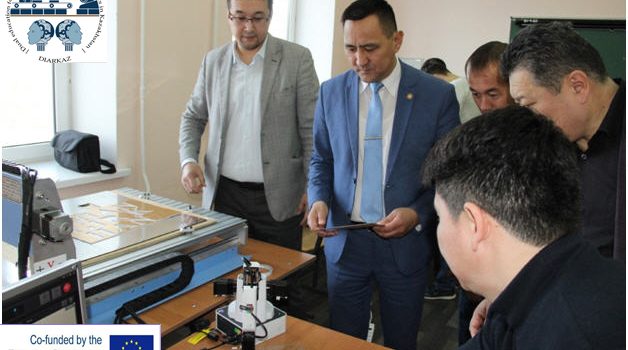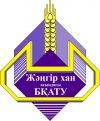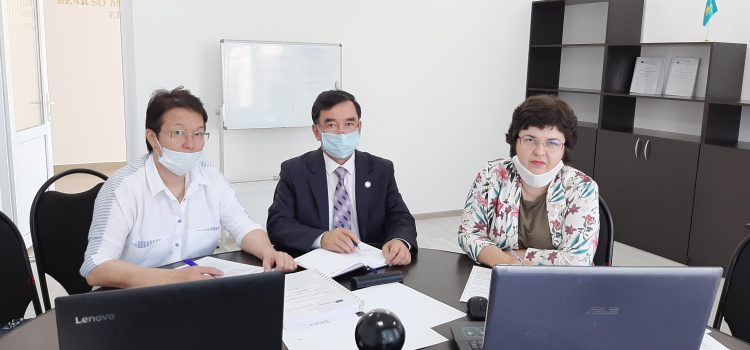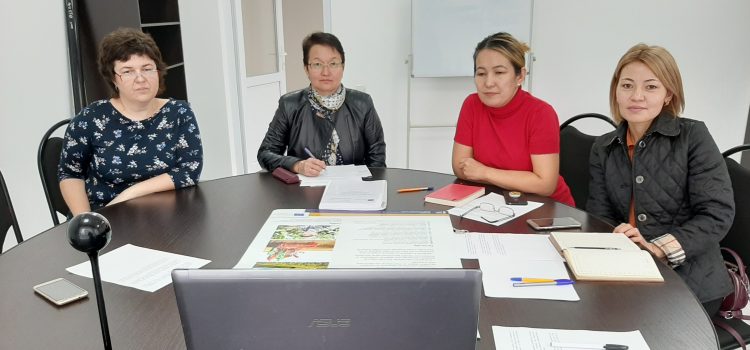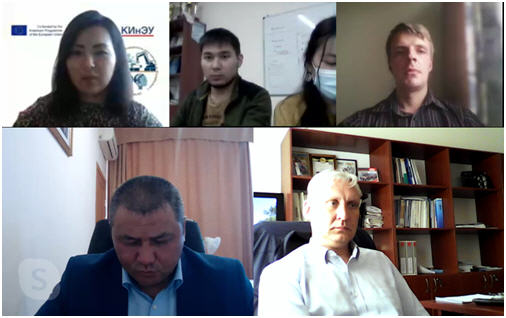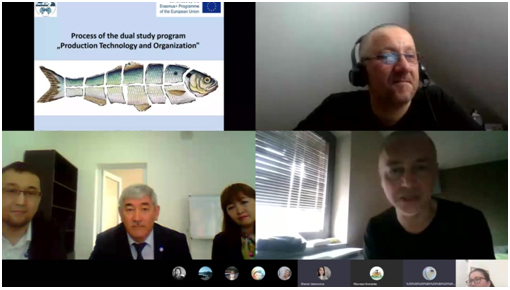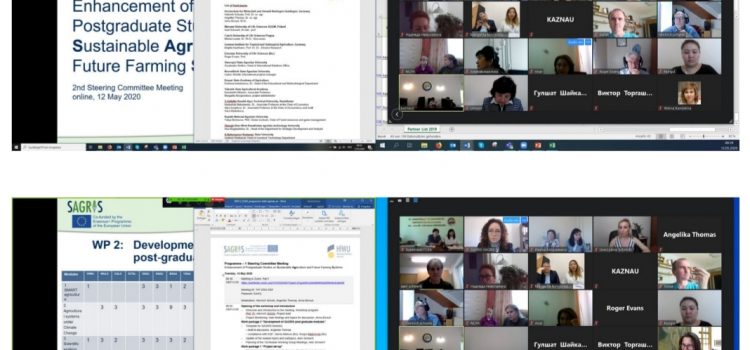A meeting of participants of the project «Dual education for industrial automation and robotics in Kazakhstan (Erasmus + (DIARKAZ))» was held at the Zhangir Khan West Kazakhstan agrarian and technical University Zhangir Khan. During the meeting, the current results, problematic issues and mechanisms for effective implementation and achievement of the project goals were reviewed and discussed.
